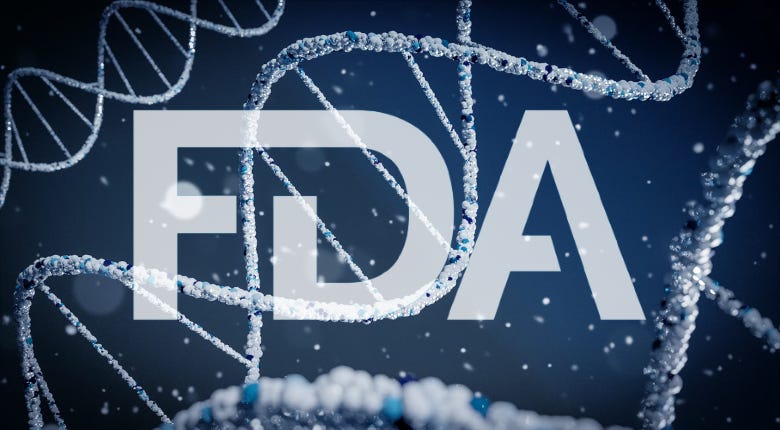FDA responds to study on DNA contamination in Pfizer vaccine
The regulator states the study "does not belong to the FDA," despite it being conducted at FDA labs, with FDA resources, by students under the supervision of FDA staff.
The U.S. Food and Drug Administration (FDA) has responded to a peer-reviewed study conducted within its own laboratory, which uncovered excessively high levels of DNA contamination in Pfizer’s mRNA COVID-19 vaccine.
The study revealed that residual DNA levels exceeded regulatory limits by 6 to 470 times, validating earlier studies from independent researchers that the FDA had previously disregarded.


